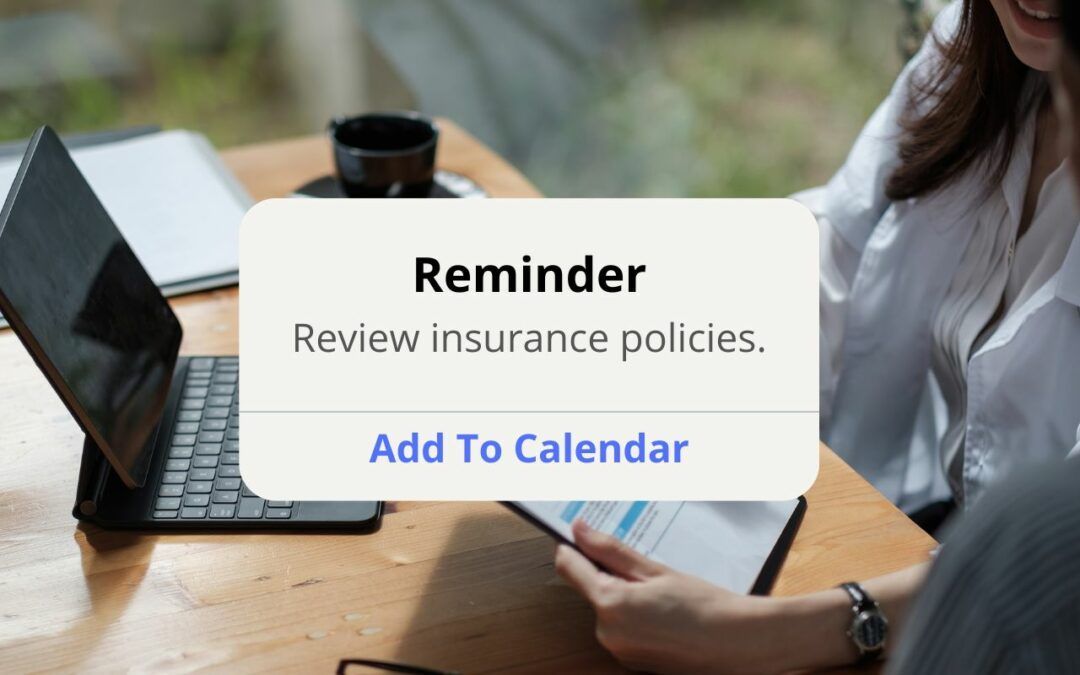Benefits of Private Life Insurance
Benefits of Private Life Insurance

Private life insurance can indeed be a valuable option to consider, especially when transitioning between jobs or if your employer-provided coverage is insufficient. Here are some reasons why private life insurance is a good choice:
- Portability: Often, employer provider life insurance ends when you leave the job, while private policies remain with you regardless of your employment status. This means you can maintain continuous coverage throughout your career transitions.
- Customizable Coverage: Private life insurance policies often offer more flexibility and customization options compared to group policies provided by employers. You can tailor the coverage amount and terms to meet your specific needs, such as providing for your family's financial security or covering outstanding debts like mortgages.
- Long-Term Security: Private life insurance policies are designed to provide long-term financial security for your loved ones in the event of your death. They offer peace of mind knowing that your beneficiaries will receive a death benefit that can help cover final expenses, replace lost income, cover living expenses, pay off debts, or fund future expenses like college tuition.
- Supplemental Coverage: Even if you have employer-provided life insurance, it may not be sufficient to meet all your financial obligations or provide adequate protection. Private life insurance can supplement your existing coverage to ensure your loved ones are adequately protected in case of untimely death.
- Stable Premiums: Private life insurance policies often come with stable premiums that are based on factors such as your age, health, and coverage amount at the time of application. This predictability allows you to budget for insurance expenses over the long term without worrying about sudden premium increases.
- Tax Benefits: Depending on the type of policy you choose, private life insurance can offer tax advantages. For instance, death benefits are typically paid out income tax-free to your beneficiaries, providing them with a financial cushion during a difficult time without additional tax burdens.
- Access to Cash Value: Some types of permanent life insurance policies (such as whole life or universal life) accumulate cash value over time, which you can access through policy loans or withdrawals. This feature can provide a source of emergency funds or supplement retirement income in the future. * Taking loans or withdrawals can impact the final death benefit. *
When considering private life insurance, it's essential to evaluate your current financial situation, future goals, and insurance needs. Consulting with a licensed insurance agent or financial advisor can help you navigate the options available and choose a policy that best fits your circumstances and objectives. By securing private life insurance, you ensure that you and your loved ones have a solid financial foundation, regardless of changes in your employment status.



